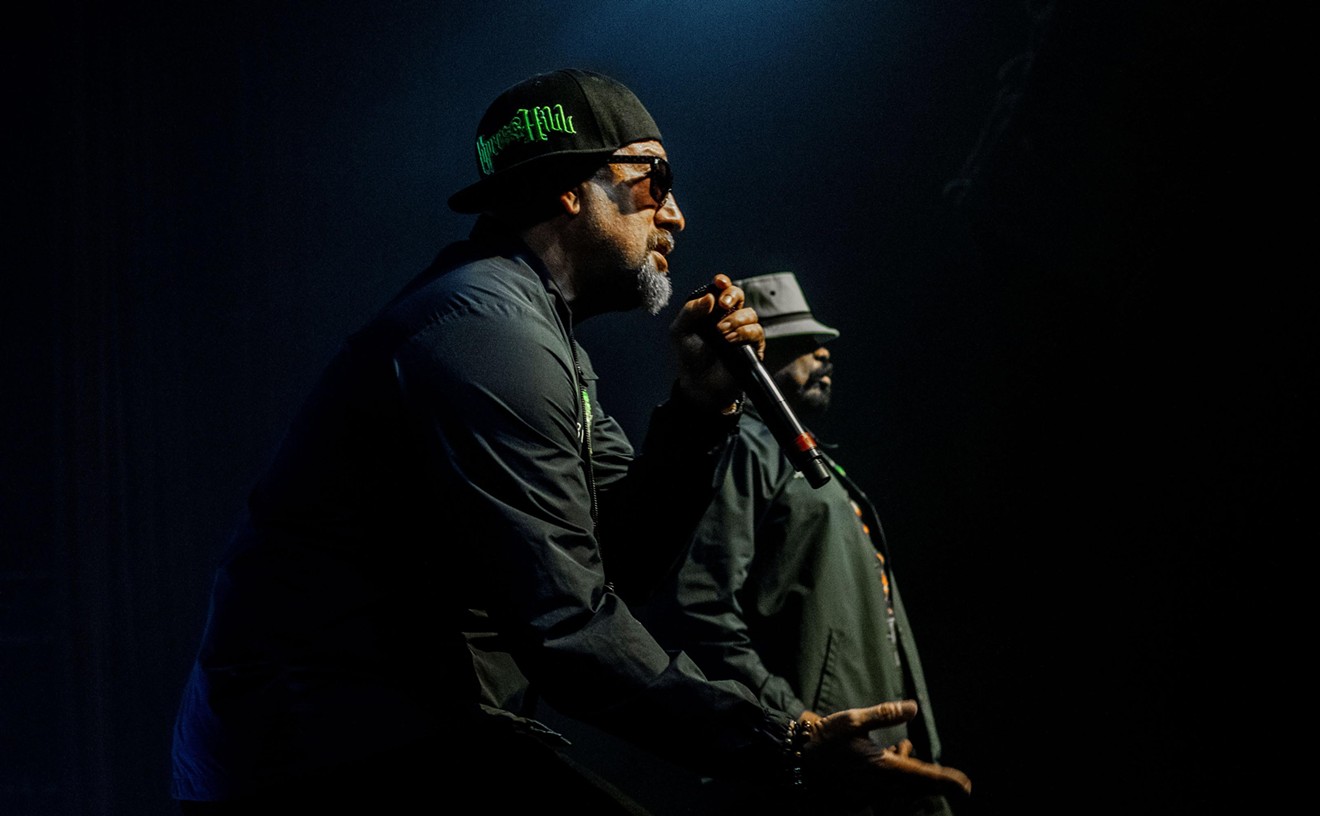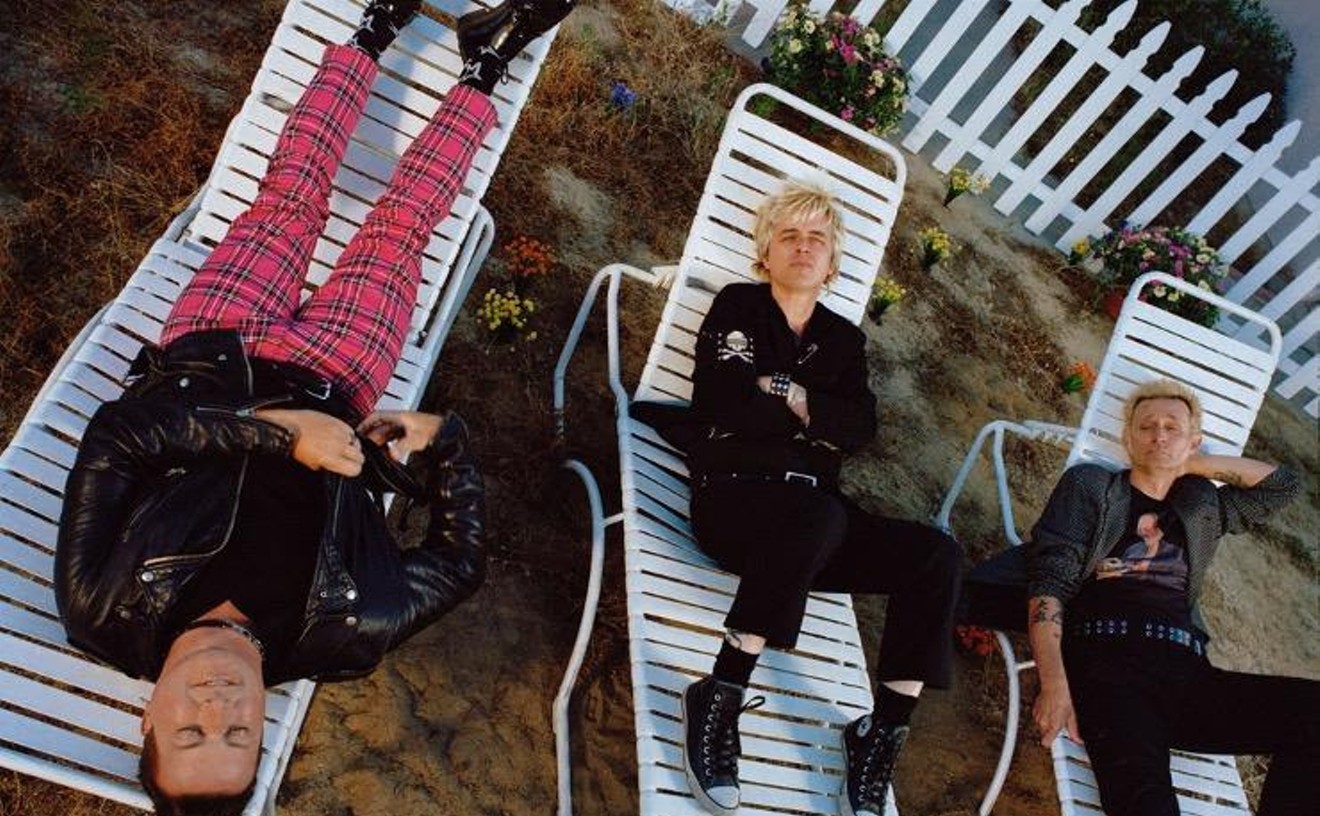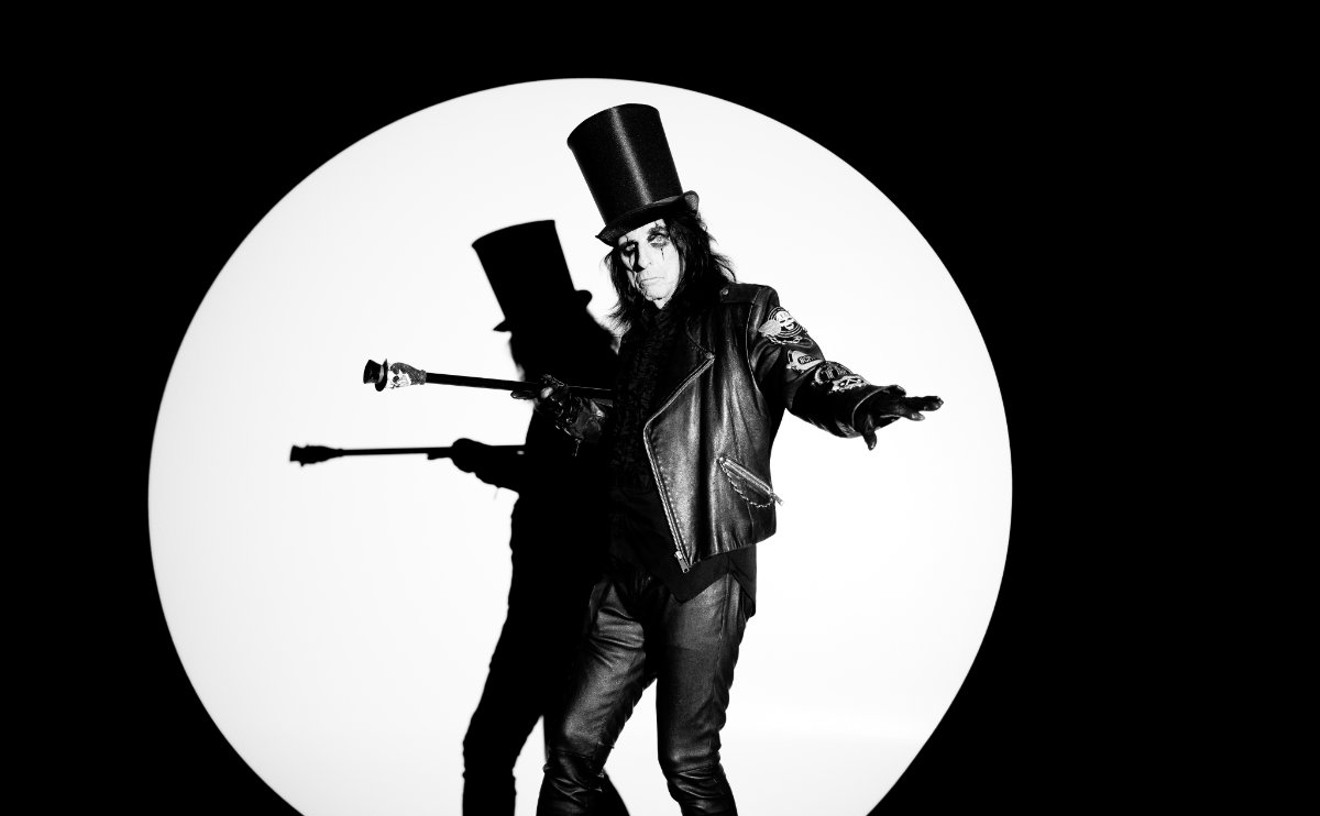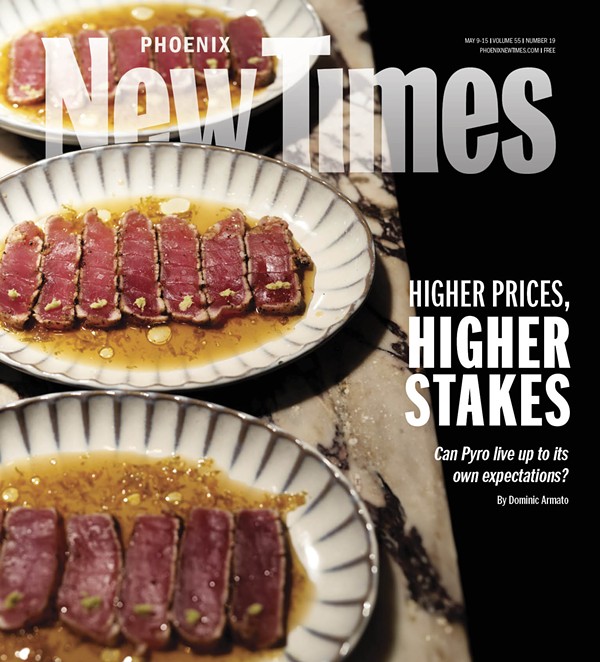Austin Powers: The Spy Who Shagged Me
(Maverick Records)
The world inhabited by Austin Powers is more an evocation of the way the '60s were documented than of the time period itself. Its absurd devotion to swinging at all costs echoes films like Casino Royale and the Matt Helm series, not to mention Rowan & Martin's Laugh-In, all the brain children of middle-aged men working overtime to catch up with the latest counterculture vernacular. Even Austin's big catch phrase, "It's my happening baby, and it freaks me out," is something more likely to have been said by Cousin Serena on Bewitched than by any actual '60s radicals.
Maybe for that reason, the makers of Austin Powers: The Spy Who Shagged Me didn't concern themselves too much with historical accuracy when it came to picking songs for the soundtrack. At least three of the oldies chosen for their period vibe ("Draggin' the Line," "American Woman" and "I'll Never Fall in Love Again") are actually from the early '70s. It might seem like a trivial distinction, but anyone with more than a passing interest in pop culture knows that tastes changed enough from 1968 to 1971 to have confused even the hippest cryogenically frozen detective.
Be that as it may, there are a few tracks that do conjure the long-lost '60s magic of Carnaby Street. Madonna's "Beautiful Stranger" is the essence of the Austin Powers mindset, a song that feels utterly '60s, yet doesn't really remind you of any song from that period. The song's fruity ebullience thankfully allows Madonna to take a vacation from the spirituality she's been earnestly pitching lately, and is about as close as she's ever come to her true roots--the bouncy AM-radio pop of the Archies and the Turtles.
Strangely, the old songs on the soundtrack are generally the least effective at capturing that old sensibility. R.E.M. does a creditable version of Tommy James' "Draggin' the Line," but the song was never all that great to begin with. Lenny Kravitz mercilessly disembowels the Guess Who's "American Woman," taking a bad song and making it worse. Scott Weiland and Big Blue Missile give the Zombies classic "Time of the Season" an unseasonably heavy treatment and squeeze all the life out of it in the process. Topping this collection of oddities is Melanie G (Scary Spice) trying her hand at Cameo's "Word Up." Not quite bad enough to be funny, it simply qualifies as nondescript.
One artist who captures the proper mood is Elvis Costello, who gets the Susanna Hoffs assignment in this Austin Powers film: to cut a faithful version of a swanky Burt Bacharach standard (in this case, with Burt's participation). Costello's reading of "I'll Never Fall in Love Again" is sweet, funny and graceful. It's also one of the few tracks on this disc that one could imagine actually finding on Austin's turntable.
--Gilbert Garcia
Various artists
The Clash Tribute: Burning London
(Epic/Sony)
The main problem with tribute albums is that the Latest Big Thing bands tributing are usually nowhere near as smart or innovative as the people being tributed. The fact that this homage to the Clash, the first punk band to get MTV airplay and a mainstream junior-high following, is mostly enjoyable only makes you miss the real thing a whole lot more.
Aside from one track by Ice Cube and Mack 10 that uses "Should I Stay or Should I Go" as a springboard, the lesser lights on the album show how much they still owe the Clash by their limited ability to go further than the source material. More than 20 years after the Clash began venting their anger in London clubs, the best today's young whippersnappers can do are basically straight, bar-band covers.
The Mighty Mighty Bosstones run "Rudie Can't Fail" by the numbers, but at least have the class to admit that the Clash mixed ska and punk before the Boston band even did that Kit Kat commercial. Aside from that, the other artists seem at a loss. They either speed up the tempo (The Urge, covering "This Is Radio Clash") or slow it down--to good effect on the Afghan Whigs' faithful rendition of "Lost in the Supermarket" and to horrifying failure when the Indigo Girls play a bong-water-drenched "Clampdown." (And what the hell are the Indigo Girls doing on a Clash tribute anyway? What's next--Sarah McLachlan sings the Dead Kennedys?)
One of the album's saddest footnotes: Billy Idol, a cut-rate Sid Vicious even back in 1984, sings back-up for No Doubt. I'm not sure who's more demeaned by that. A better buy is the Clash's own compilation, The Story of the Clash. But for a quick fix to soothe nostalgia junkies--and that's all a tribute really has to be--the album is worth a shot. And thank God, nobody attempted to revive "Rock the Casbah."
--Chris Farnsworth
Jon Dee Graham
Summerland
(New West)
Because Jon Dee Graham plows familiar musical ground on his second solo album, Summerland, he can lull you into believing you've heard all he has to offer before. That's when a turn of phrase or a catch in the throat will remind you, Graham's work depends on incongruities planted like land mines along an often-traveled path.
Many people might liken a dead romance to a plane crash, but not many would depict the wreckage and then scream in anguish to "find the black box," as though finding out why things failed would ease the pain. Even when he's being sentimental, a line like "she's as pretty as a butterfly wing" is an unlikely enough simile to surprise a listener.
Graham's voice, all gravel in the back of the throat like a tenor Tom Waits, seems at odds with the sensitivity of his lyrics. You'd think he'd be screaming in a fatback R&B band, yet he's singing lyrics that would do Merle Haggard proud. However, Graham's not a country singer, especially if country makes you think of Garth Brooks and all the young hats.
Graham's band is supple enough to follow him anywhere. A Dobro's sweet high slide can sound as lonesome as an obsolete train whistle on such ballads as "Look Up."
The whip-crack of the snare punches songs along without overpowering the vocals. The lead guitar spins a big twanging web of metallic fiber over it all.
Graham has said that his first album was about getting away, and that Summerland is about going back. "At the Dance" and "Big Sweet Life" are two songs that underline that theme. In "At the Dance," a languid rhythm hoists Graham's remembrances of Latin bands playing "at the gym" during a lost romance. The dance he's remembering so bittersweetly could have taken place any time in the past 20 years.
Sometimes you have to go back to go forward, and that's what Graham has done in this exploration of fear and blessings.
--Salvatore Caputo










